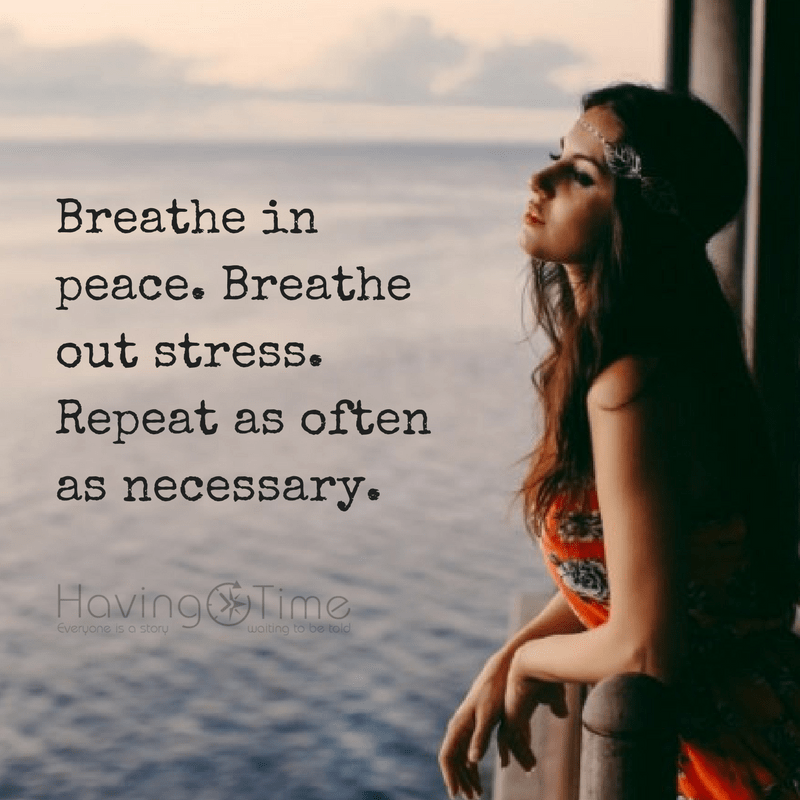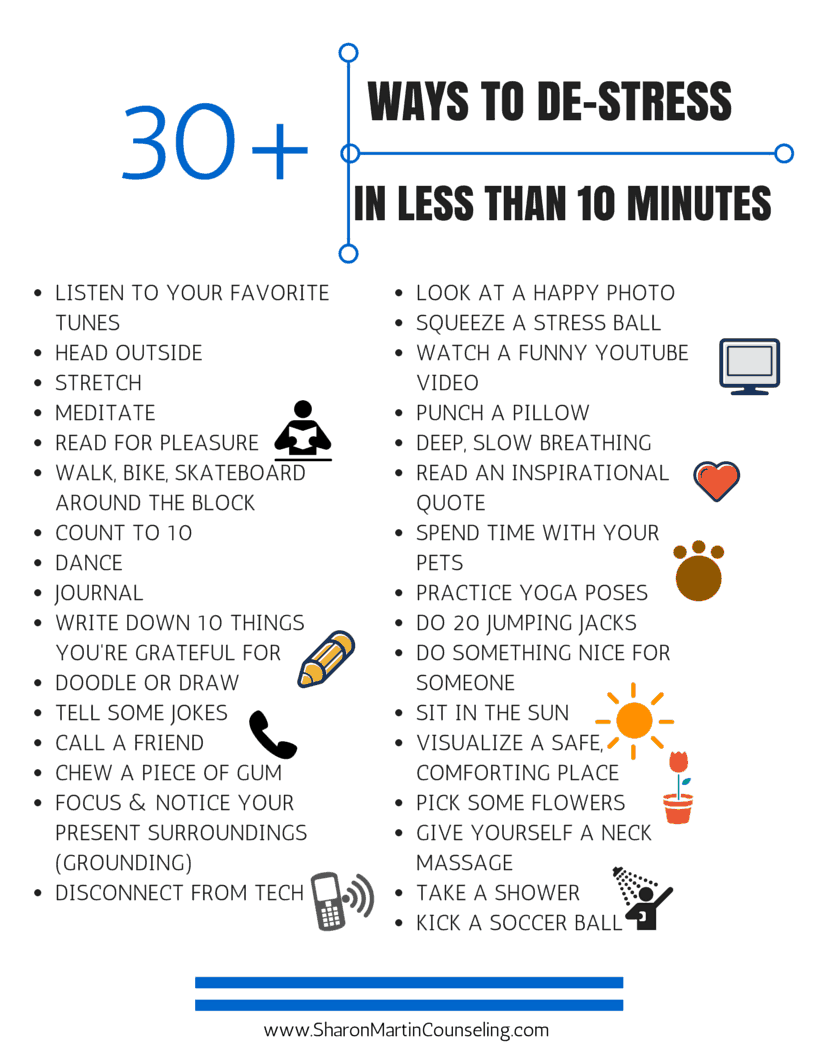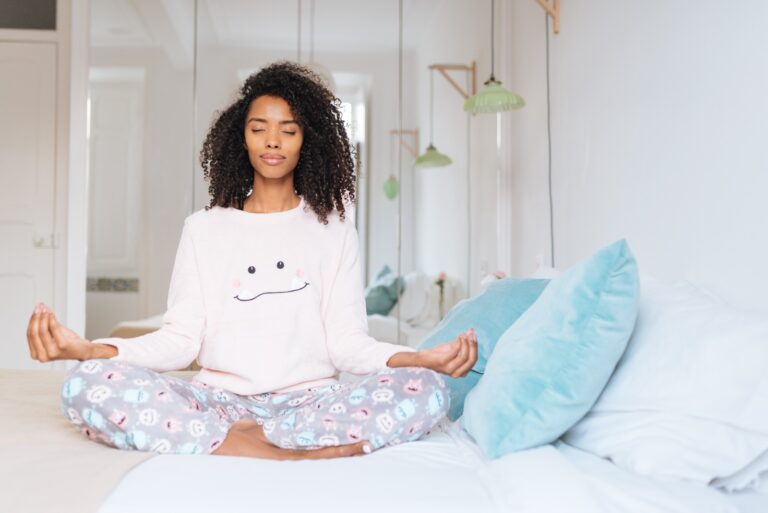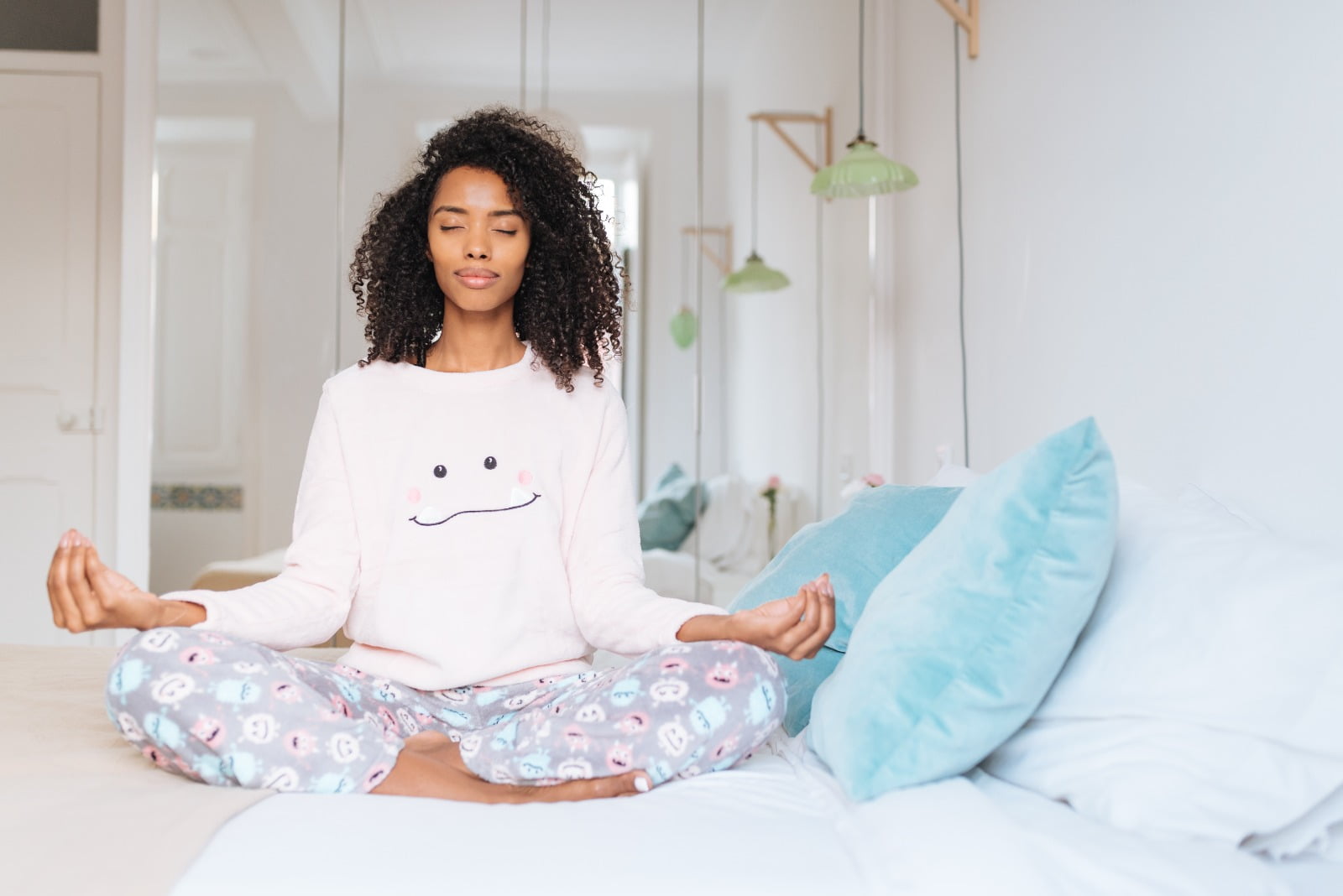What image comes to your mind when you think of happy and calm people? Is it someone you know in your life? Have you ever taken the time to sit back and observe a naturally calm and happy person? And they are a sight to behold: like swans, they glide through the day with joy, ease, and quiet confidence. I can imagine you might feel a bit envious of them as much as I do. Still, there’s a lot we can learn from calm and happy people, especially their fantastic ability to respond to everyday stress, messiness, and frustration.
10 Daily Habits of Calm People
1. Walk and Talk
2. Keep Calm and Never Rush
3. Self-care is ESSENTIAL
4. Routines are Boring but Important :-]
Routines are boring (said in a whiny teenage type of voice)! No, they are not. Routines are important – good routines are here to help you minimize the strain on your working memory by doing things the same way every day. I am talking about morning rituals, capsule wardrobes, meal plans –– if you want to be calmer and happier –– make certain parts of your days predetermined. When you operate on autopilot like this, it minimizes decision-making and eases day-to-day pressure. Good routines are your keys to a better, calmer living.
5. Be here. Now.
Most calm and happy people meditate, practice yoga, yin yoga, and do tai chi, or have other types of mindfulness practice that keep them fully anchored in the present moment. Guess what? You don’t have to do all of those things. Pick something else instead. You can choose a walk in the park around the lake, surfing the waves in the ocean, gardening, or reading a good book. Whatever you decide to do to be more present in the moment, make sure to be diligent and practice regularly, and you will be enjoying a much calmer, happier life.
6. Self-imposed Digital Detox
Have you ever thought about why our phones are so ridiculously addictive? Why certain people cannot put them aside even for a second? Phones are addictive because they were designed in that way. It’s no coincidence. And guess what? Calm and happy people are never at the mercy of their phones. Those people use their phones as a tool for work and communication. Okay, maybe a source of music or occasional news scroll. The truth is simple –– you will never achieve peace or balance in your life if your phone dominates your day. So occasional digital detox is a must. For more context, please do watch a TED talk by Tristan Harris.
7. Self-regulation + Healthy Boundaries
Calm and happy people are self-aware and responsive to their mental, physical, and emotional needs. They take breaks regularly, stretch and snack, or let off steam whenever it’s necessary. Good self-discipline and setting healthy boundaries enable them to say no when they run on fumes, or to ask for help, and to stop work at reasonable hours. Practice tuning in and asserting your needs within yourself and with others, and enjoy feeling more in control of your life.
8. Life is Unpredictable, and that’s OKAY
Where do people derive their natural state of calm? When we think of calm people –– their unflappable nature comes from a deep knowing and understanding that life is wildly unpredictable. They do not expect things to go according to plan 100%, and they are ready to adjust to whatever the day throws at them. Don’t get me wrong, always have a plan, but be prepared to change it at any moment if the situation asks for it.
9. Meaning + Authenticity
Each day, at some point, calm people engage in an activity that is not about a mad rush towards success, money, or fame, or trivial time-passing. It could be a friendly exchange with a stranger at your local coffee shop, or a call with a friend you haven’t spoken to in a while, or creative pursuit or hobby. Connect with the world around you authentically and meaningfully.
10. Breathe
Have you ever paid attention to how you breathe when you feel relaxed? Numerous studies have shown that the ability to focus attention on your breath can help you deal with stress, anxiety, and emotional ups and downs, according to Harvard Health. The next time you are relaxed, take a moment to notice how your body feels. Or think about how you breathe when you first wake up in the morning or just before you fall asleep. Breathing exercises can help you relax because they make your body feel like it does when you are already relaxed.

Deep breathing is one of the best ways to lower stress in the body. This is because when you breathe deeply, it sends a message to your brain to calm down and relax. The brain then sends this message to your body. Those things that happen when you are stressed, such as increased heart rate, fast breathing, and high blood pressure, all decrease as you breathe deeply to relax.
- The way you breathe affects your whole body. Breathing exercises are a good way to relax, reduce tension, and relieve stress.
- Breathing exercises are easy to learn. You can do them whenever you want, and you don’t need any special tools or equipment to do them.
- You can do different exercises to see which works best for you.

photo source | adobe



